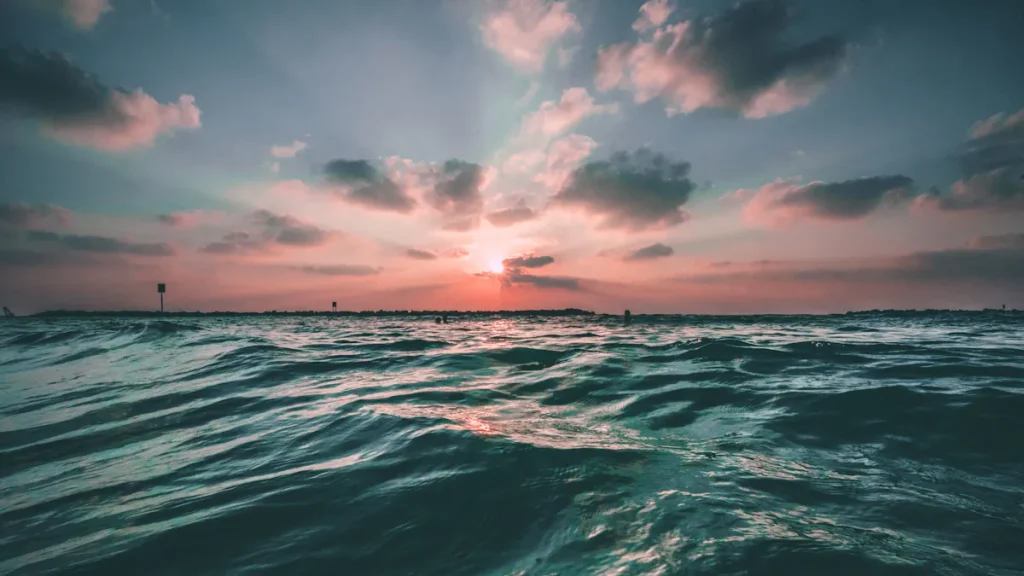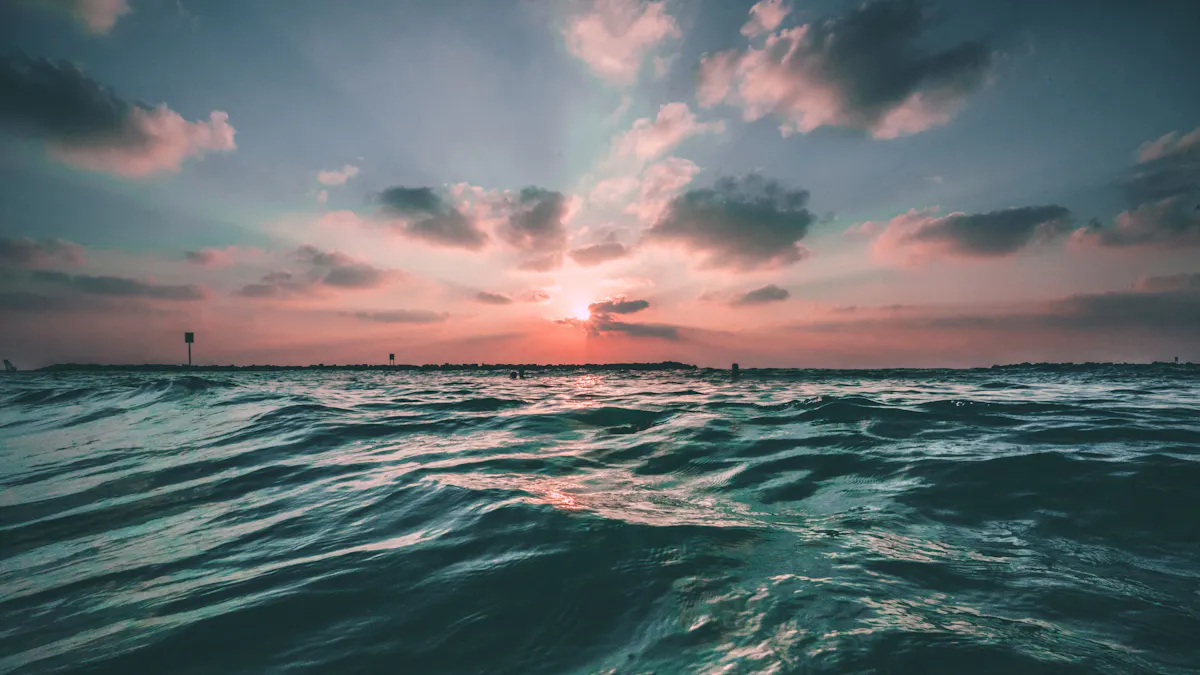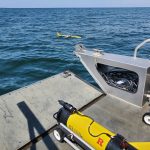
Last month, the U.S. National Science Foundation (NSF) and the Kaleta A. Doolin Foundation (KADF) selected three Rutgers faculty members, Lisa Auermuller, Jeanne Herb, and Victoria Ramenzoni, all RCEI affiliates, to be named 2023 Ocean Decade Champions, according to a press release.
They are among the 31 scientists who have been honored with this recognition this year, all of whom are associated with the NSF Coastlines and People (CoPe) program.
The Ocean Decade Champions are honored as being the faces of current ocean and coastal science researchers, according to the release.
Leaders selected through this program will work on various individual projects, research related to sustainability and eco-justice at coastlines and initiatives included in the United Nations Decade of Ocean Science for Sustainable Development.
Every Ocean Decade Champion who receives funding is expected to participate in the UN Ocean Decade. The organization is an international collaboration to advance the field of sustainable development of oceans and coasts while creating more opportunities for women scientists to succeed in oceanic research.
All three Rutgers faculty members are part of the Megalopolitan Coastal Transformation Hub (MACH), which is a research project led by Rutgers that consists of 13 universities throughout the East Coast, according to a press release.
One of the Ocean Decade Champions, Lisa Auermuller, administrative director at MACH, said that her role is to produce research that professionals in the coastal regions of New York, New Jersey and Pennsylvania will use.
Auermuller said this grant will help provide an avenue and funding to further refine and promote leadership skills and abilities.
“We’re gonna work together to develop training for other women in the MACH project to further develop their leadership skills,” Auermuller said. “We’re hoping to have a cohort of women in the MACH project, who are all working in different ways toward science and forms of coastal adaptation, each in their own role in the project (that) gain additional leadership skills.”
Victoria Ramenzoni, assistant professor in the Department of Human Ecology, and lead of MACH’s household decision-making team, said the title of an Ocean Decade Champion comes with additional training and actively taking part in activities from the UN Ocean Decade.
The UN Ocean Decade seeks to improve our efforts to secure sustainable oceans and coasts for everyone into the future, she said.
Recipients of the Ocean Decade Champions title are empowered to promote the next generation of scientists, including working to grow the number of women in the industry, Ramenzoni said.
“There is a thing called gender bias which affects how we perceive the activities and products of science,” Ramenzoni said. “People tend to value more or undervalue the work done by women. This is a systemic, widespread issue not only in ocean and coastal sciences … The Ocean Champions program is likely to make a strong impact by raising the profile of many of us who are working in the sector.”
With being named Ocean Champions, Auermuller and Ramenzoni both said they are hopeful to see a future with more women representation in leadership and research surrounding the ocean sciences.
“I just really think there’s been a real surge of women in the field, which has really been amazing to see,” Auermuller said. “I think this grant and this award helps really solidify that and continue that leadership of women in these roles.”
This article was published by the Daily Targum on October 23, 2023.








